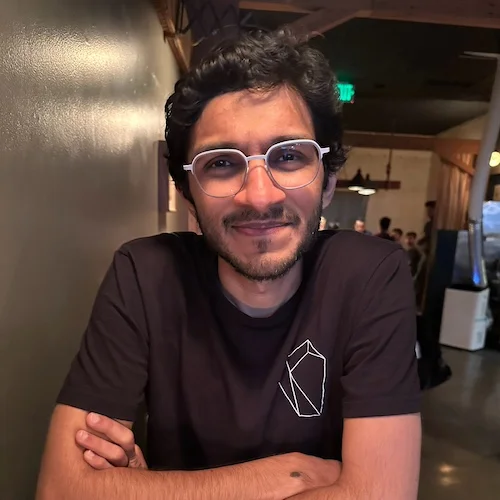A few days ago I posed a question to Twitter asking people what their tipping point for supporting Modi was? To put it in a different way, if you support Modi today (and / or have for the last 5+ years), what is the one thing, that if he does it, would make you cease supporting him.
It is not a very difficult question (but it can be). If you are someone that does support someone, anyone, something, I think this is a question you should ask yourself. I often ask the same of myself, and it helps me in understanding why I prefer something or someone over the other.
When it comes to Narendra Modi, though, while I was neutral about how I feel about him governing the country pre-2014, over time I have definitely grown to be more critical about his policies, style of politics and opposing what India has and is becoming, under his governance. I think he has made grave mistakes and strayed from the path of serving the country, while further dwelling in the arrogance of power.
So with this, I wanted to share a little bit more about what I would like to see done, which would make me feel more ambivalent about him.
- Stop systematically disseminating communal disharmony: Our Constitution enshrines and holds secularism as a founding principle. Be an embodiment of the principles encapsulated in the book you swore on. Unite the country, stop dividing it.
- Don’t treat the economy like sandbox: Accept the mistakes incurred in the past (demonetization, implementation of GST, ba../11.data-scienceSUs, etc.) and move towards fixing them. Mistakes in economic policy do not live in their own walled environments, they have far reaching effects on just every aspect of life in the country. Enough has been said about each aspect of the economy, and there are definite mitigation steps advised by many eminent economists.
- Put an end to systematic disinformation: One thing that is fundamental to me and my understanding of the world is data. The lack of reliable data from the government to independently verify its claims on a multitude of things, in every area, (be it GDP, jobs numbers, electrification, cleanliness efforts, etc.) is a problem. The lack thereof creates ripe ground for a vicious cycle of potential lies, that deepen the cracks in a society. This would work two-fold: 1) Leave no room for confusion, criticism or fake news, and 2) Add trust in the government.
That’s it. Not a long list, aye :)?
